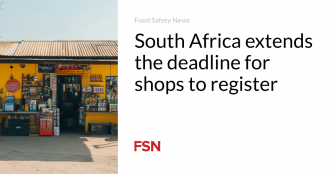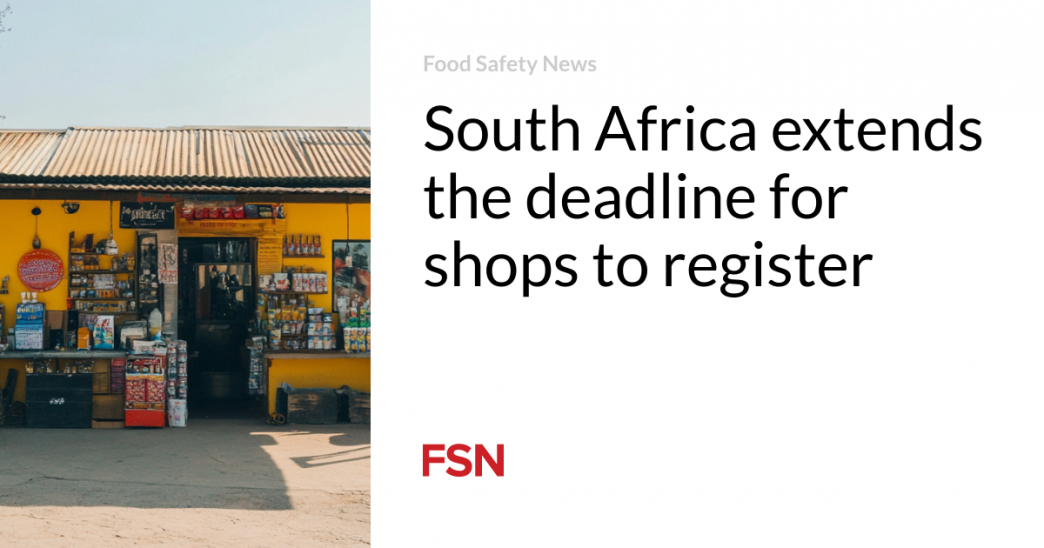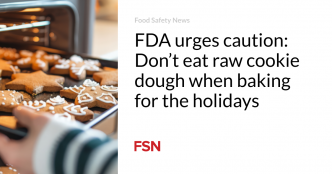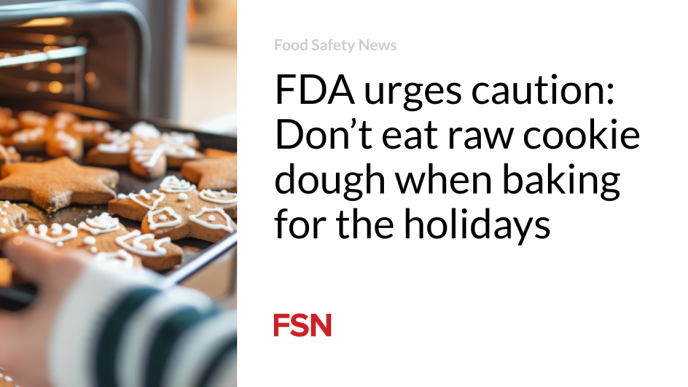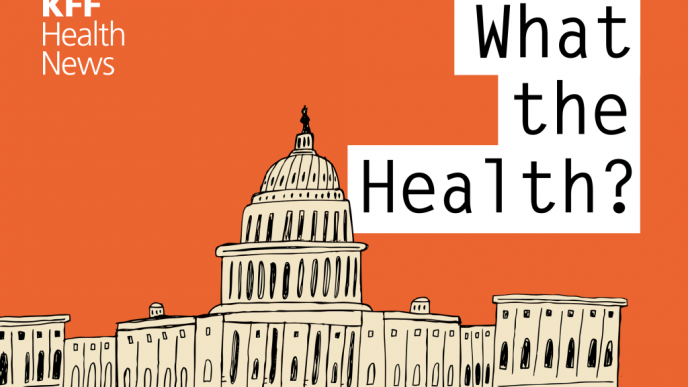The government has pushed back the deadline for shops to register in South Africa as part of a drive to improve food safety.
President Cyril Ramaphosa announced the registration plan last month as one of the measures to address concerns regarding spaza and tuck shops, which have been linked to an increase in foodborne illnesses and deaths.
Ramaphosa initially set the deadline for Dec. 17, but this has been extended to Feb. 28, 2025.
“Nearly 200,000 spaza shops have been visited. Over 1,000 spaza shops, supermarkets, and warehouses have been closed. Large quantities of goods have been confiscated, and numerous fines have been issued for violations of by-laws,” said Ramaphosa in early December.
More than just registration
So far, almost 43,000 applications have been received, and more than 19,300 have been approved. Some were incomplete or missing supporting documents. At least 1,000 non-compliant shops were closed. Since September, South Africa has reported more than 890 foodborne disease cases and around 30 deaths.
Between January 2022 and October 2024, the National Institute for Communicable Diseases’ notifiable medical conditions system recorded 506 outbreaks, 323 of which were foodborne.
Cooperative Governance and Traditional Affairs Minister Velenkosini Hlabisa said people who have registered a business and received their registration acknowledgment still need to do more to obtain their trading license.
“For this process, environmental health practitioners and other regulatory authorities will still inspect owners of registered food-related trading businesses to ensure that their businesses are eligible to trade. If you don’t comply with the health regulations, the business is closed down immediately,” he said.
Hlabisa said 15 health experts have been appointed to a Ministerial Advisory Committee to develop long-term prevention measures.
“We want to emphasize that registration alone does not mean a business is eligible to trade. To obtain a license or a permit to trade, business owners must comply with all health regulations and municipal by-laws related to conducting a business.”
Foreign owner problem
Deputy President Paul Mashatile also called on locals to avoid registering spaza shops for illegal immigrants.
“I call upon communities to refrain from illegally registering the spaza shops. We all have a responsibility to ensure our communities’ safety and wellbeing, particularly our children.”
In October, six primary school children from Naledi, Soweto, are thought to have died after eating snacks from a foreign-owned spaza shop. Forensic tests revealed a chemical called terbufos killed them.
Mashatile said people in South Africa should be allowed to operate businesses legally, provided they meet certain criteria.
In Gauteng, 662 people have been affected by food poisoning in 2024, with 28 fatalities.
Nomantu Nkomo-Ralehoko, a member of the executive council for health and wellness, said the government was concerned about the rise in infections and the deaths of children.
“We urge communities to prioritize food safety. Be vigilant about what you buy and eat. It is important to check snacks and food products’ packaging and expiration dates. If something looks suspicious, do not buy it.”
(To sign up for a free subscription to Food Safety News, click here.)
